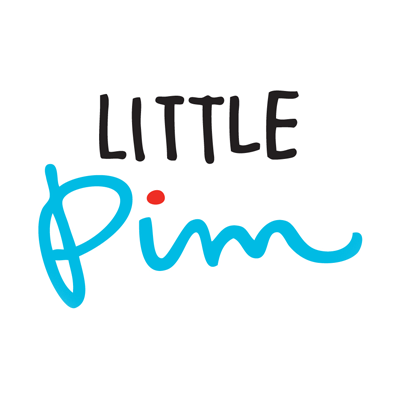6 Benefits of Raising Bilingual Children
According to the American Community Survey, close to 20% of people in the United States are bilingual. The number of individuals who have the ability to speak more than one language is on the rise. So, why are parents opting to teach their children an additional language (or two)? Just what are some the advantages of being bilingual? Let’s examine 6 benefits of raising bilingual children:
Increased Cognitive Ability
Jeffrey Kluger in a Time Magazine article says, "Babies are born with the inherent ability to speak and understand the world’s 6,800 languages, and that babies, and then children, are able to continue to easily learn multiple languages up into early grammar school."
Kluger goes on to say that later in life, having gained these language abilities as babies and children, multilingual adults “are better at reasoning, at multitasking, at grasping and reconciling conflicting ideas. They work faster and expend less energy doing so, and as they age, they retain their cognitive faculties longer, delaying the onset of dementia and even full-blown Alzheimer’s disease.”
More Flexible Brain
The ability to balance two separate languages and alternate between the two when the situation dictates would require a certain degree of flexibility. And as is true with any muscle, over time exercise will increase flexibility. Because bilinguals may acquire two languages in the time in which monolinguals acquire one, they quickly become more flexible learners*. The speed and apparent ease with which young infants learn the basics of a language regularly astound parents and scientists alike*.
Increased Listening Skills
As children begin to tune their hearing to learn unfamiliar sounds and words in the new language, their listening skills develop. It is somewhat similar to a musician having a trained ear for the sounds of the notes over time.
Did you know that babies hear their mother’s voices before birth and as newborns, they already know the rhythm of their native language? Once born, babies can actually recognize differences in languages*. Babies are particularly attuned to hearing phonemes, the sound elements or building blocks of language, and repeated studies show that babies are actually more attuned to perceiving phonemes than adults.
Higher Memory Retention
As children memorize new words, they are actually helping their brain to be better at memory work in the future. How is that? As you stimulate the brain with difficult, new challenges, you work it out; thus, giving the brain a boost in overall health, vitality, and increase in memory power.
Dr. Andrea Mechelli of University College London published her team’s research that found “grey matter” density in scans of the left-brain was greater in bilinguals than in monolinguals. The brain’s left side is responsible for processing information and controlling aspects of sensory perception, memory and speech. Dr. Mechelli found this increase was most significant in children who had learned a foreign language before the age of five.
Increased Marketability in the Future Workplace
A study from a Los Angeles-based recruiter found that almost 9 out of 10 headhunters in Europe, Latin America, and Asia reported that bilingual skills is critical for success in today's business setting. In this increasingly global world, bilingualism carries many benefits. Furthermore,
“66 percent of North American recruiters agreed that being bilingual will be increasingly important in the next 10 years.”
Better Problem Solvers
Language is like a puzzle. Letters and sounds fit together to make words, and then words fit together to make sentences. By fitting the pieces together in a new language, children become naturally more adept at problem-solving abilities. Visit the American Speech-Language-Hearing Association's website for more advantages of being bilingual.
People everywhere have discovered the Little Pim program to their delight. Celebrities who have utilized the program offered these words of praise for Little Pim:
- Alyssa Milano – “Thank you so much for sending Milo The Little Pim language. . .”
- Tori Spelling – “Thank you so much for sending us Little Pim - Spanish. The kids love it – and I am learning from it too!”
- Kevin James – “We [love] little Pim. . .”
- Bill Horn & Scout Masterson – “Thanks for the Panda. . .We’re actually fans of Little Pim. . .”
At Little Pim, we have developed an award-winning program that taps into the young child’s unique capability to absorb new languages at a rapid rate. Using what children love most, lively adorable animals and other babies, we developed language learning videos that have been highly effective. Try us free today to start teaching your little ones a new language!






